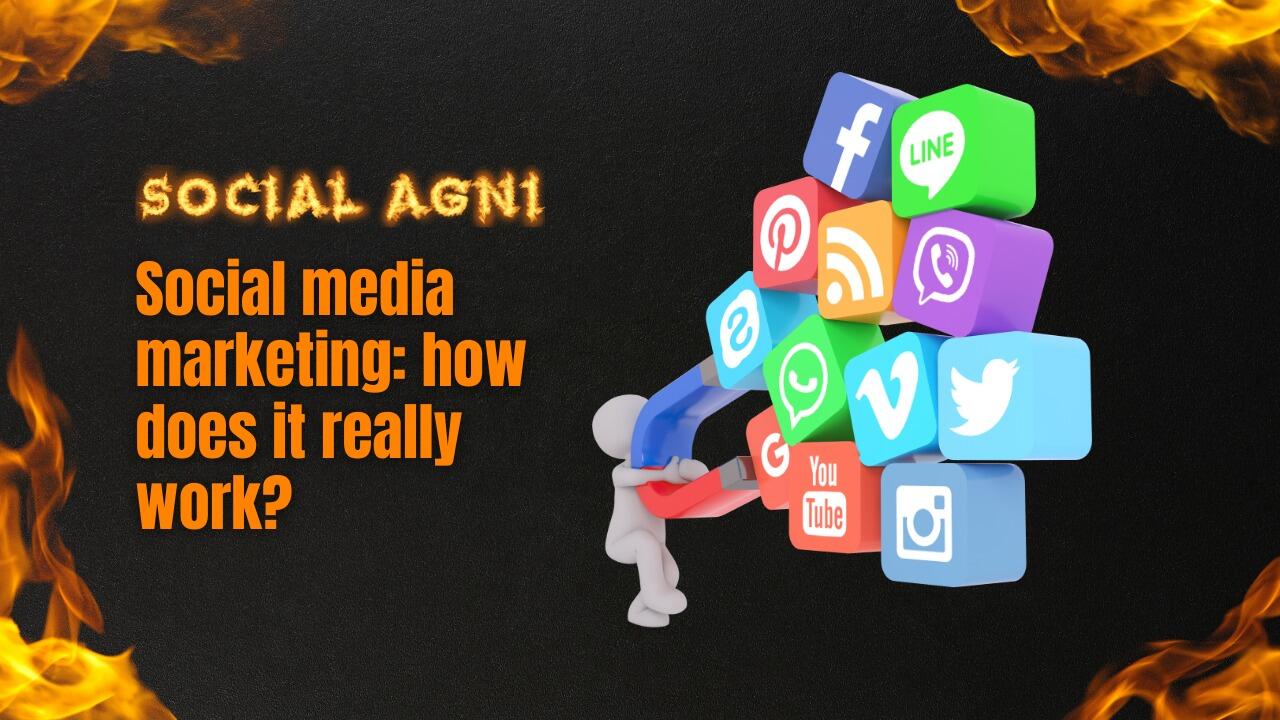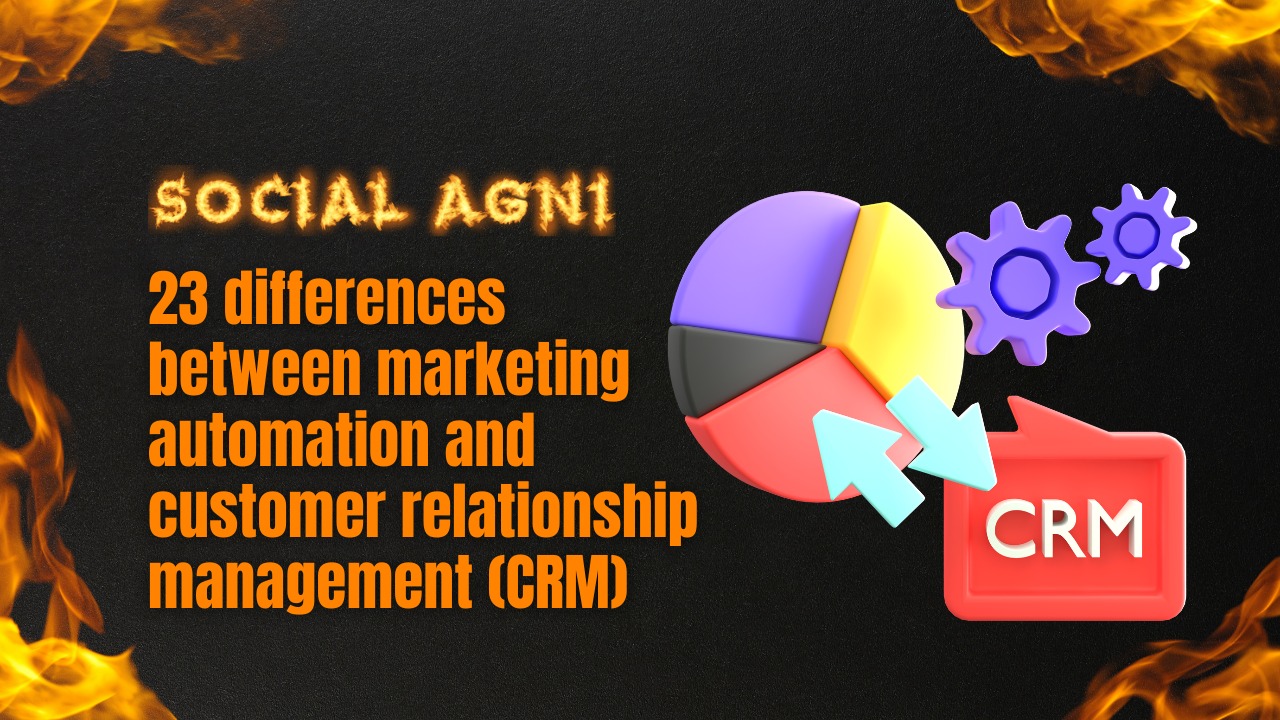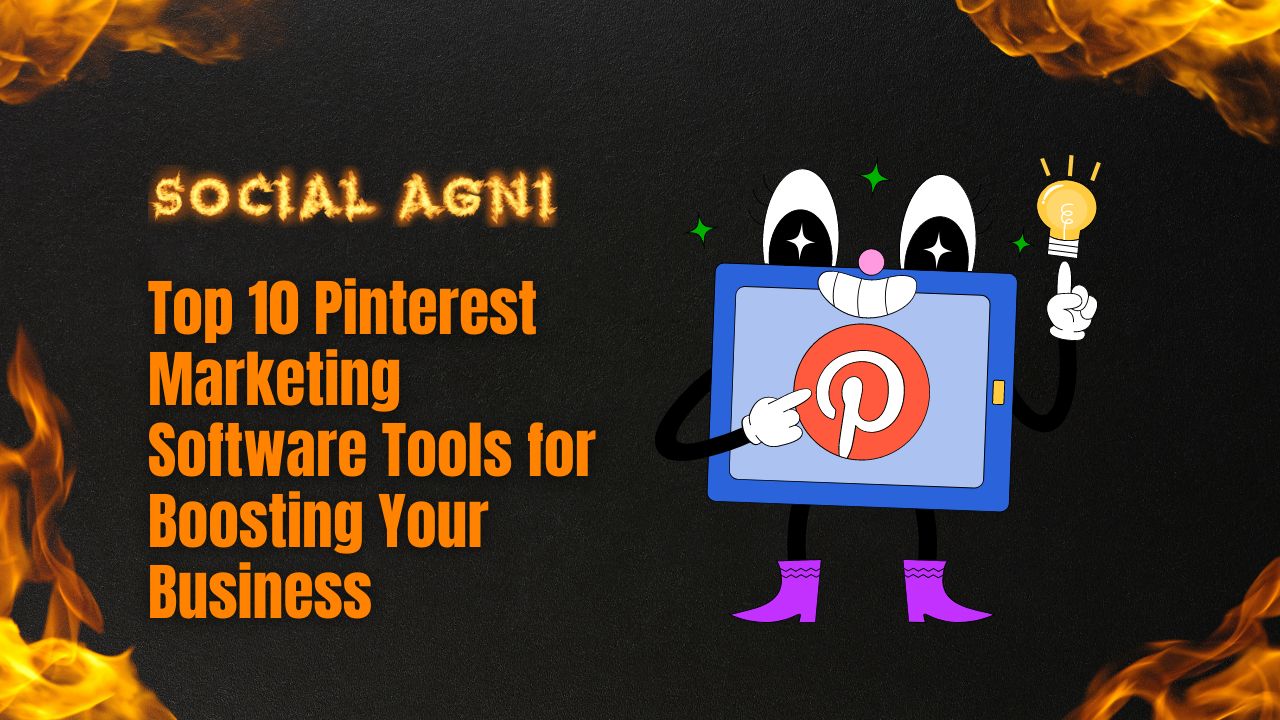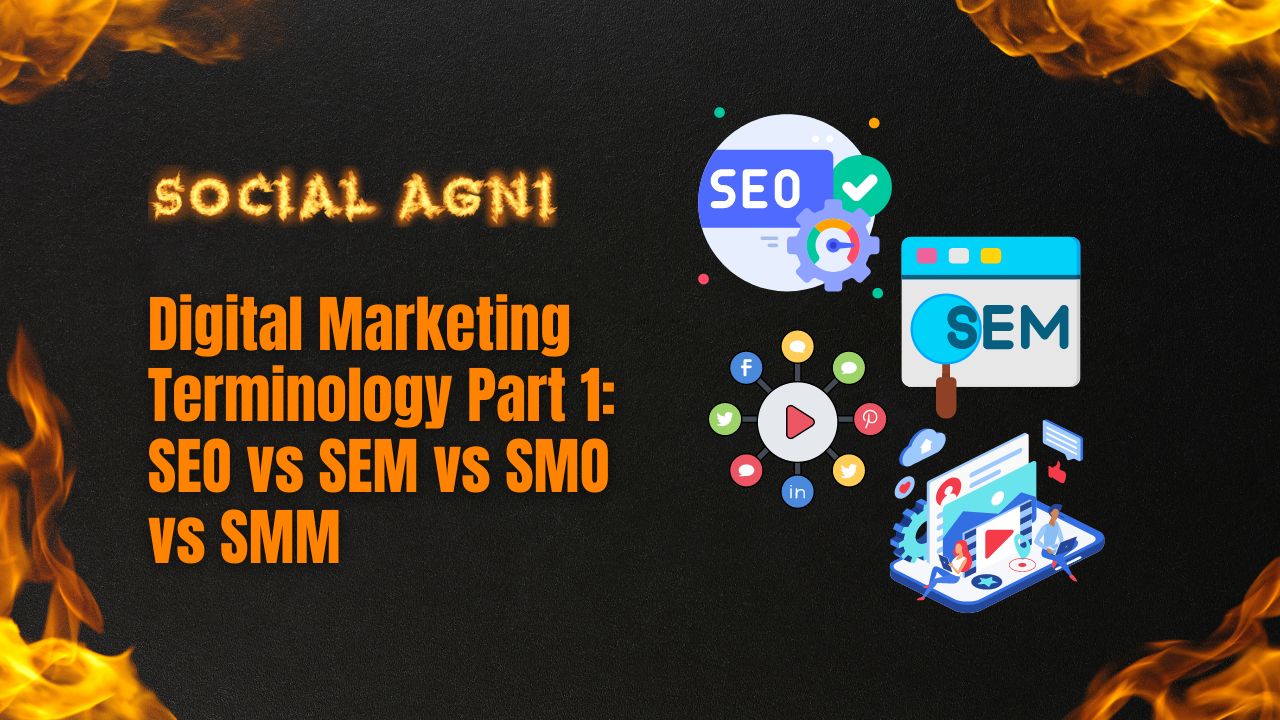Social media marketing has become one of the most popular ways to reach out to potential customers, and for good reason. It’s not just a great way to connect with people who are interested in your product or service, but it can also help you build relationships with potential customers. In this article, we’re going to explore how SMM works and what you need to do to get started.
Social media marketing is a terrific way to connect with potential customers and promote your business or product. But just how does it work?
In this article, we’ll outline the basics of social media marketing and show you how to put it into practice for your own website or blog.
What is Social Media Marketing?
Social media marketing is the use of social media platforms like Facebook, Twitter, and Google+, Instagram, LinkedIn, as well as email marketing. There are a number of different strategies that can be used, depending on the platform and the target audience.
These platforms are used to promote a business or product, to create and share content with the aim of building relationships and driving sales.
It can be used for a variety of purposes, including generating leads and increasing brand awareness
It can be used to connect with customers and build relationships, create awareness for a product or service, and drive traffic to a website. SMM can also be used to generate leads and sales.
The Different Types of Social Media Marketing
Social media marketing can be broken down into three different types: organic, paid, and viral.
- Organic social media marketing is when a company uses social media to reach out to its target audience without paying for advertising.
- Paid social media marketing involves a company spending money on ads to promote their product or service. Paid SMM is often more effective at reaching a wider audience than organic social media marketing, but it can also be more expensive.
- Viral social media marketing refers to using social media platforms to spread the word about a product or service to a wider audience. Viral SMM can have a much larger impact than either paid or organic SMM, but it can also be more difficult to control.
Each type of social media marketing has its own benefits and drawbacks.
How Does SMM Work?
There is no single answer to this question, as the effectiveness of social media marketing depends on a variety of factors, including the type of social media platform being used, the target audience being targeted, and the specific goals being pursued.
However, in general, social media marketing involves using online platforms like Facebook, Twitter, and LinkedIn to reach potential customers and followers.
For businesses that are already active on social media platforms, these platforms can be used to build relationships with customers and followers. These relationships can then be leveraged to promote products and services, generate leads and sales opportunities, and build brand awareness.
However, not all businesses should start their own social media accounts. In fact, many small businesses don’t have the resources or knowledge necessary to create successful social media campaigns.
Instead, these businesses can partner with an experienced marketing agency that can help create effective social media strategies tailored to the needs of the business.
Whatever approach is chosen, it is important to remember that social media marketing is a dynamic process that must be constantly adapted to meet the changing needs of the target audience.
Here’s how SMM works:
When people use social media, they are sharing content. This content can be about your business or product. When someone shares your content, they are advertising for you. If a lot of people share your content, it can help you get more attention and make more sales.
One way to get more people to share your content is to create great content. This means writing about topics that interest your audience.
You can also try out different formatting techniques to make your content look interesting. For example, you could use images or videos to spice up your text.
If you want to increase the chances that people will share your content, you need to offer them something in return. You can do this by giving them free products or services, or by giving them exclusive access to information about your business or product.
SMM is a powerful way to connect with potential and current customers. When done correctly, it can help your business grow and prosper.
However, social media marketing is not easy. It takes effort to create great content, design effective campaigns, and ensure that your followers are given value in return for their time and attention.
If you’re interested in starting or improving your SMM efforts, consider hiring a professional marketing agency. They have the experience and resources necessary to help your business reach its full potential on social media.
Elements of a Successful Social Media Marketing Strategy
There are a few essential elements to a successful social media marketing strategy. Here are four of the most important:
- Planning – Before starting any SMM, it’s important to have a plan. Figure out what you want to achieve with your campaign and create a timeline for how you’ll get there. This will help ensure that your efforts are coordinated and purposeful.
- Targeting – Once you have a plan, it’s important to target your audience. Use the data you collected in planning to develop targeted content and social media posts that directly appeal to your followers.
- Execution – Finally, make sure that you actually execute your strategy. Keep track of what content is performing well and use that information to keep creating new material. Also be sure to monitor your analytics (see below) to see how your audience is responding.
- Monitoring and Reactions – Finally, be sure to regularly monitor your social media channels and take note of any reactions or responses from your followers. This will help you adjust your strategy as needed and keep track of any trends or changes in behavior.
Analytics is an important aspect of any social media marketing strategy. By monitoring your analytics, you can track the performance of your content, determine which posts are getting the most attention, and change your strategy as needed. There are a number of different analytics tools available, so it’s important to choose the one that best suits your needs.
Tips for implementing a successful social media marketing campaign
There are a few key steps to implementing a successful social media marketing campaign.
- Assess your target audience and what content engages them the most.
- Create engaging content that speaks to your audience’s interests.
- Finally, use social media platforms to drive traffic to your website and promote your content through tweets, blog posts, and other social media channels.
- Assess your target audience and what content engages them the most.
Before you start creating content, it’s important to understand who your audience is and what content resonates with them. Figure out which social media platforms your target audience is most active on and focus your content there. For example, if you have a blog dedicated to cooking recipes, focus your content on Facebook and Twitter. This way, you’ll reach a wider audience and keep them engaged with the latest recipes.
- Create engaging content that speaks to your audience’s interests.
Once you know what content resonates with your target audience, make sure that all of your content is high-quality and engaging. This will keep them coming back for more, even if they don’t have any specific interests in cooking or social media marketing. Try to write about topics that are relevant to your audience and use interesting visuals and multimedia to capture their attention.
- Use social media platforms to drive traffic to your website and promote your content through tweets, blog posts, and other social media channels.
After you create engaging content, it’s important to get it out there into the world. One way to do this is to use social media platforms to drive traffic to your website. Share your content on Twitter, Facebook, and other social media platforms and ask followers to share it too. You can also promote your content through blog posts and other online resources. By promoting your content in this way, you’ll help spread the word about it and attract more readers.
Implementing these tips will help you achieve success with your social media marketing campaign. By targeting your audience, creating engaging content, and using social media platforms to promote your content, you’ll be able to build a strong network of followers and encourage them to share your content with their friends.
Final Words
In short, social media marketing is the process of using online platforms like Facebook, Twitter, and LinkedIn to build relationships and promote a company or product. It’s an important part of any marketing plan because it allows you to connect with potential customers and followers who are interested in what you have to say. Social media can also help you build brand awareness, attract new customers, and generate leads.




















